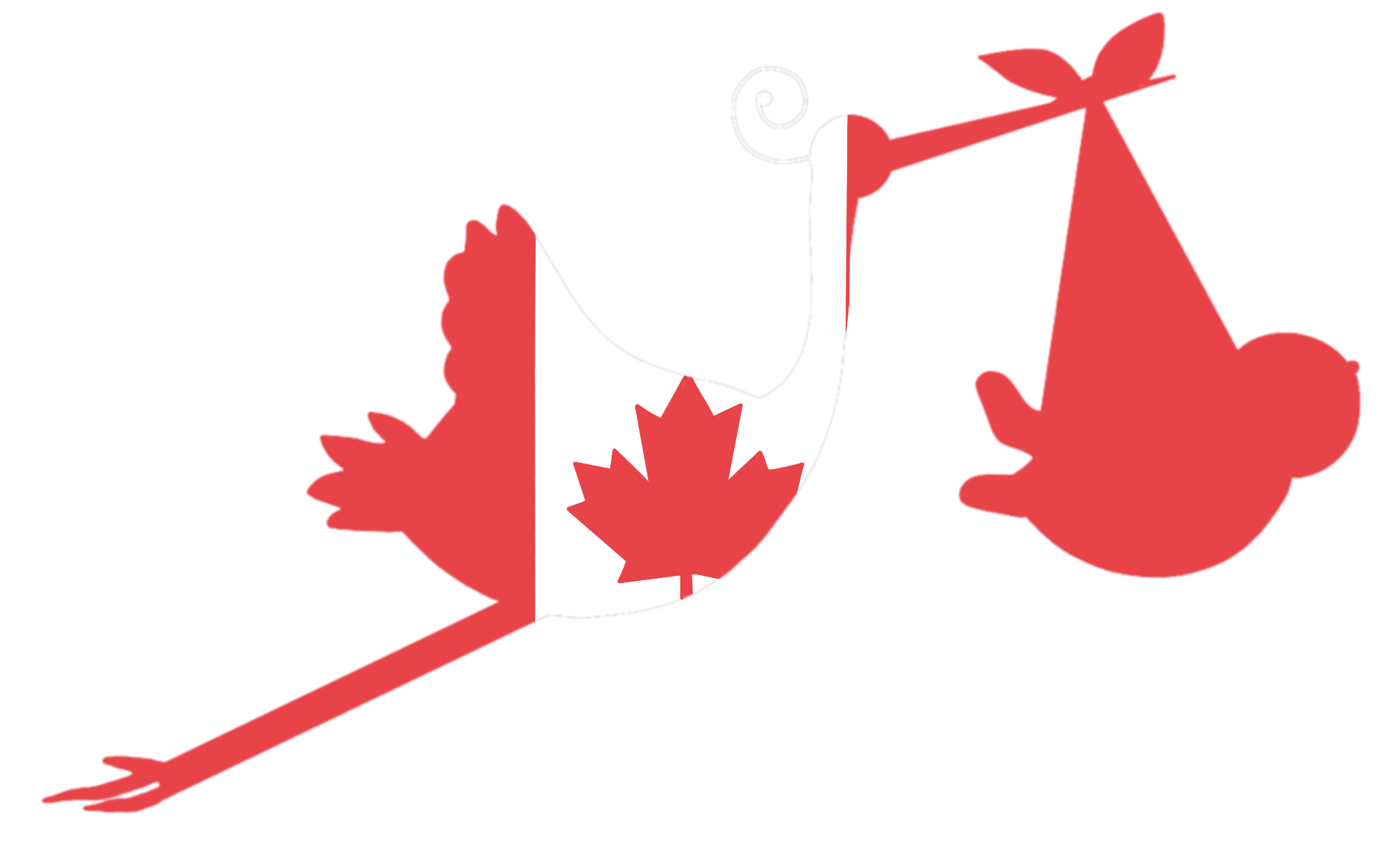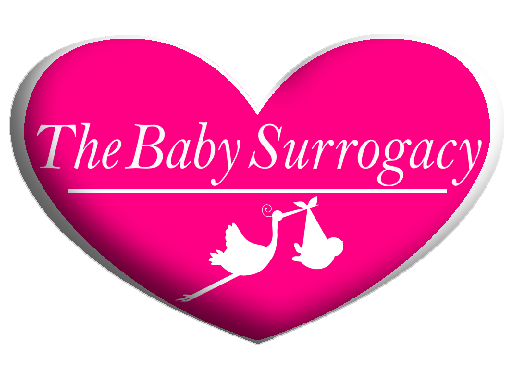Canada
Surrogacy in Canada is desired by those who see this destination as an inexpensive alternative to the United States, a fact that deviates from reality today due to different regulations. This institute, created for Canadian citizens is however also accessible to foreigners. Canada is characterized by its openness to any type of family, regardless of marital status, sexual orientation or actual inability to procreate naturally. Parental authority is recognized in the hands of the intended parents by judgement

Accessibility
Single parents, heterosexual and homosexual couples, both married and unmarried maternità surrogata canada
Conditions
No pending criminal charges and financial ability to educate and raise the child
Programs
Possibility of creating individualized programs
Cost
High, as in the U.S. also requires a large budget for eventual costs
Possibility
Prohibits the selection of the child’s sex
Legal aspects
Parentage by judgment and birth certificate in the name of the intended parents
Capital
Ottawa
Language
English-French
Form of government
Constitutional monarchy
Definition of surrogacy program
A surrogacy program is a set of medical and legal procedures whose ultimate goal is to have a child with an alternative to natural conception. The parties involved in the procedure are: the intended parents (or parent in the case of single individuals), an assisted reproductive clinic and a foreign agency or other equivalent entity capable of filling the needs related to egg donation and gestational carrier. An attorney experienced in the applicable law of the country in which the program takes place should be considered a key part of the process
Back to topCurrent events: division over surrogacy in Canada
Canada presents itself as a country with a long history in surrogacy, despite the fact that it has been an object of internal conflict . The community has always been divided on surrogacy between those who believe that women and intended parents should have full control over their reproductive rights and those who are opposed to surrogacy. The latter believe it to be degrading to women and comparable to scourges such as prostitution and child trafficking. In 1993, the Canadian Government conducted surveys which found that Canadian citizens believed that third-party reproduction and cloning were unethical. This subdivision does not currently provide full protection to intended parents in case of the gestational surrogate having second thoughts: to date, we have no reported cases of this happening. Eventually the Government worked with health professionals, researchers, ethicists and individuals using or thinking about using assisted human reproduction to build their families to develop its approach to infertility treatment. The result was the Assisted Human Reproduction Act (AHR Act), which became law in March 2004.
Surrogacy Canada: program costs
There is no one-size-fits-all cost that applies to every case. In fact, the price is closely related to a number of variables such as whether or not an egg donation is required, the type of program requested from the assisted reproduction clinic, the province of residence of the surrogate mother (Canada has ten provinces and three territories) and the location of the IVF clinic. Having clarified all aspects regarding the possible variables, a weighted estimate based on the case histories we have had allows us to say that the average price for a program with egg donor, surrogate, assisted reproduction clinic and legal support is now €140,000
Canadian legislation and "ius soli"
Therefore, yes to surrogacy in Canada, despite adversity. If a woman has had children of her own biologically and wishes to carry a pregnancy to term for another family, becoming a surrogate mother in Canada is a legal and viable option. The Assisted Reproduction Act (AHRA) is a federal legislation agency that establishes which are permitted or prohibited activities. Intended parents should be aware that the AHRA allows surrogacy, but that the gestational surrogate can only be reimbursed for her reasonable out-of-pocket expenses related to the pregnancy. Any compensation or offer of compensation to a woman acting as a gestational surrogate is prohibited by law and subject to severe penalties (be fined up to $500,000 or jailed for up to ten years, or both). The pathway is governed by contracts and agreements as a manifestation of the parties' intentions and are the guideline for the surrogate mother and the intended parents on many events that occur (or may occur) during the journey. These contracts also set out the rights, responsibilities and intentions of the parties, prior to embryo transfer as well as issues of confidentiality, parental custody and parental authority, gestational surrogate's pre-delivery obligations and reimbursement of expenses. Canada has jus soli, which stipulates that citizenship is acquired by those born on Canadian soil, thus the baby will have a Canadian passport from birth. This will result in an added advantage upon returning home. In addition, even if the intended parents are citizenship of another country, the unborn child may later acquire their nationality as well, according to the laws of their home nation.
Establishing Parenthood
In Canada, parentage is granted by judgment. The process for the recognition of parental rights belonging to the intended parents will depend on the province in which the child was born and any genetic link to the child. A very important aspect that is often overlooked should be emphasized, the possibility that the surrogate decides to keep the child despite the signed agreement. In fact, in Canada there is no "pre-birth order," like there is in the United States, declaring parenthood prior to birth. In this case in Canada it would most likely be left to a judge to litigate the custody of the child despite the genetic and/or contractual bond with the intended parents (or parent).
Medical insurance policy
Canada guarantees "free" health care. Medical insurance for a child born to a gestational surrogate after birth is especially important for intended parents from outside Canada. Although Canada's public health care system will continue to provide free medical care for the surrogate and the child before and during the birth, it may not continue to cover the child after birth. Intending parents must make sure they have health insurance for the child in case of medical expenses associated with the child's care after birth
Intended Parent requirements
In order for proceedings to begin, Canadian law requires that a surrogacy agreement be in place and that the surrogate mother have independent legal advice before signing it. Usually, the intended parents have a lawyer who will draw up the agreement and the surrogate mother will have her own (paid for by the intended parents) who review the agreements. Although not all aspects of a surrogacy agreement are enforceable (e.g., it is the surrogate's decision ultimately whether to terminate a pregnancy, where to give birth, etc.) these agreements are still legally required and help avoid future disagreements or conflicts. It is not required to bring one's own genetic material for access to the program.
Birth Certificate
The birth certificate always bears the first and last name of the intended parents
Free On-line Consultations
Fill out the contact form and request a free online consultation: we will get back to you within 24 hours, or contact us to speak directly with our team.









